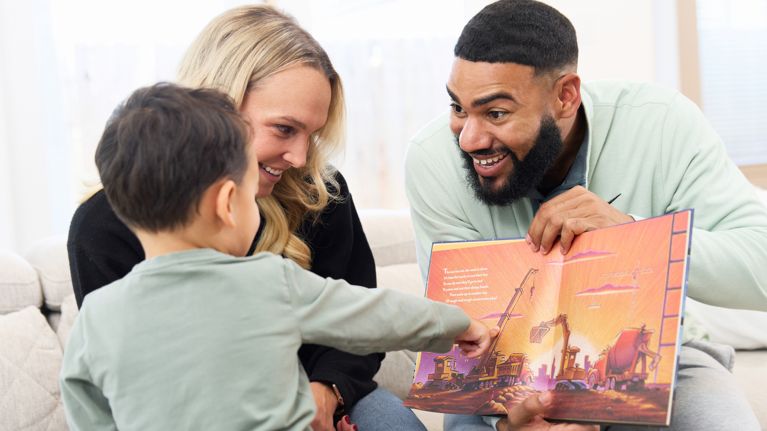As a parent, I have always believed in the power of collaboration between parents and teachers. Growing up, I witnessed firsthand the positive impact that my parents’ involvement had on my education. They were always there to support me, attend parent-teacher meetings, and work together with my teachers to ensure I had the best educational experience possible. Now, as a parent myself, I am committed to carrying on this tradition of collaboration with my children’s teachers. Through my personal experience and research, I have come to understand that parent-teacher collaboration is truly a win-win situation.
One of the key benefits of parent-teacher collaboration is improved communication. When parents and teachers actively communicate and share information about a child’s progress, it creates a strong support system for the child. It allows for a holistic understanding of the child’s strengths, weaknesses, and learning styles, which makes it easier to tailor teaching approaches to their individual needs. Regular communication also helps parents stay informed about their child’s academic and social growth, fostering a sense of involvement and connectedness.
Furthermore, parent-teacher collaboration promotes a cohesive learning environment. When parents and teachers work together, they can align their efforts to reinforce the same values, expectations, and goals for the child. This consistency helps the child feel supported and understood, as they receive consistent messages both at home and at school. It also enables parents and teachers to address any behavioral or academic concerns promptly, united in their approach to finding solutions. By creating an environment where all stakeholders are on the same page, effective collaboration sets the stage for academic success.
Another important aspect of parent-teacher collaboration is the opportunity for joint problem-solving. Whether it’s addressing a specific challenge that the child is facing, implementing strategies to enhance learning, or simply discussing ways to further engage the child in both school and home settings, collaboration allows for a range of perspectives and expertise. Teachers bring their pedagogical knowledge and experience, while parents bring their unique insights into their child’s personality and home environment. When these insights are combined, solutions can be tailored to meet the child’s individual needs, ensuring their success.
Moreover, parent-teacher collaboration helps parents feel empowered in their role as their child’s first and most important educator. It allows them to actively participate in their child’s educational journey and contribute to their overall development. Through collaboration, parents gain a deeper understanding of the curriculum, teaching methods, and assessment practices. This knowledge enables parents to provide additional support and reinforce learning at home, which has a positive impact on their child’s academic performance. By actively engaging with teachers, parents also demonstrate to their children the value they place on education, setting a strong example for lifelong learning.
In addition to these individual benefits, parent-teacher collaboration can lead to a stronger school community. When parents and teachers work together, it fosters a sense of unity and shared responsibility for the success of all students. It builds trust between parents and teachers, creating an open and supportive environment for discussions and problem-solving. This collaborative spirit extends beyond the classroom, as parents may volunteer at school events or participate in fundraising activities, further enhancing the sense of community.
However, it is important to acknowledge that parent-teacher collaboration cannot be one-sided. Both parents and teachers must make a conscious effort to engage in effective collaboration. For parents, this means actively seeking opportunities to connect with teachers, attending parent-teacher meetings, and responding to communication from the school. It also involves being proactive in understanding and supporting the school’s policies, expectations, and curriculum. On the other hand, teachers need to create a welcoming and inclusive environment for parents, actively reaching out to them, and providing regular updates on their child’s progress. They should also value parents’ insights and actively seek their input in decision-making processes.
In conclusion, parent-teacher collaboration is a powerful tool that benefits both parents and teachers, ultimately enhancing the educational experience for children. Through improved communication, a cohesive learning environment, joint problem-solving, and parental empowerment, collaboration sets the stage for academic success. Moreover, it leads to a stronger school community, where parents and teachers work together towards a common goal. As parents, by actively engaging with our children’s teachers, we can ensure that our children receive the best education possible. Let’s embrace collaboration as a win-win opportunity and watch our children thrive.
